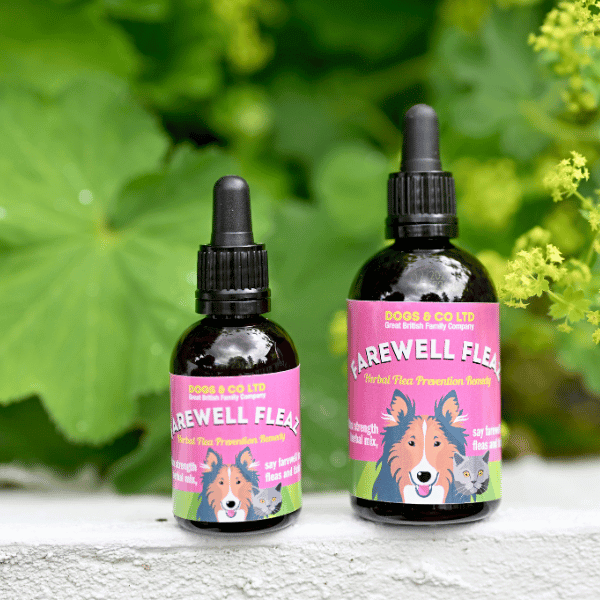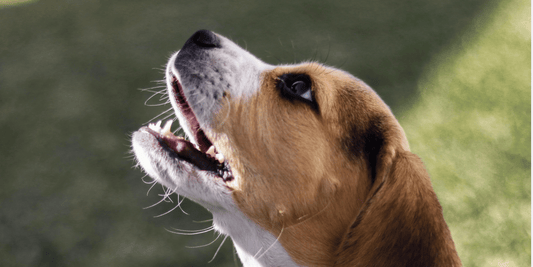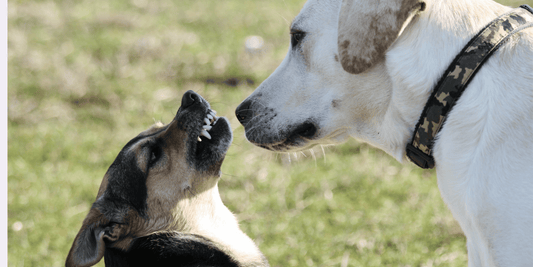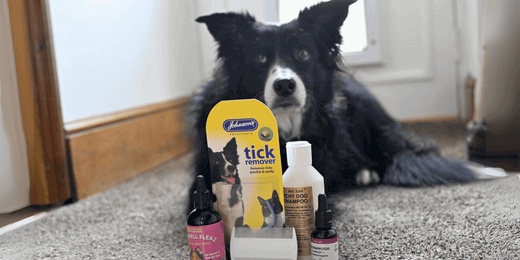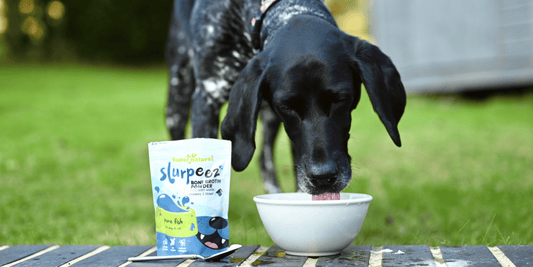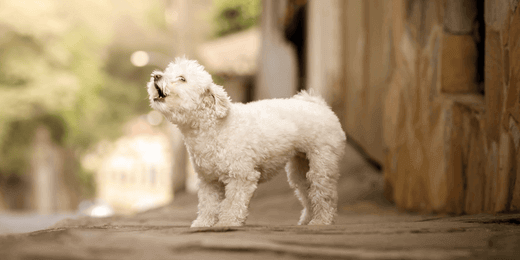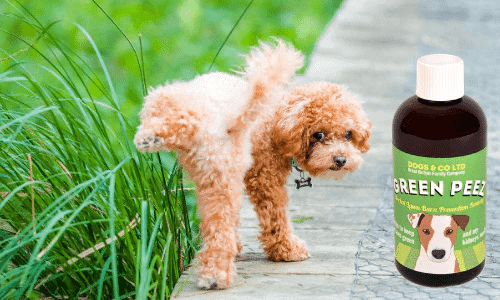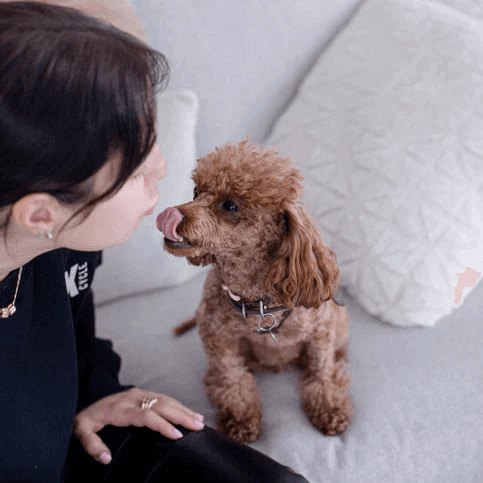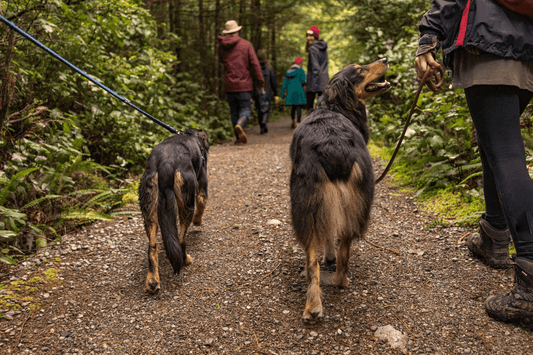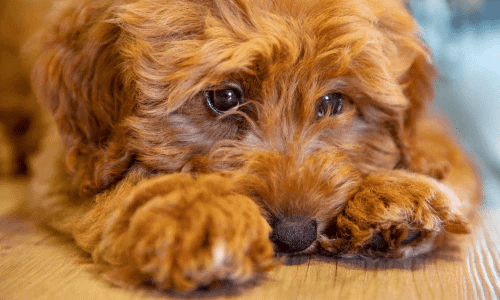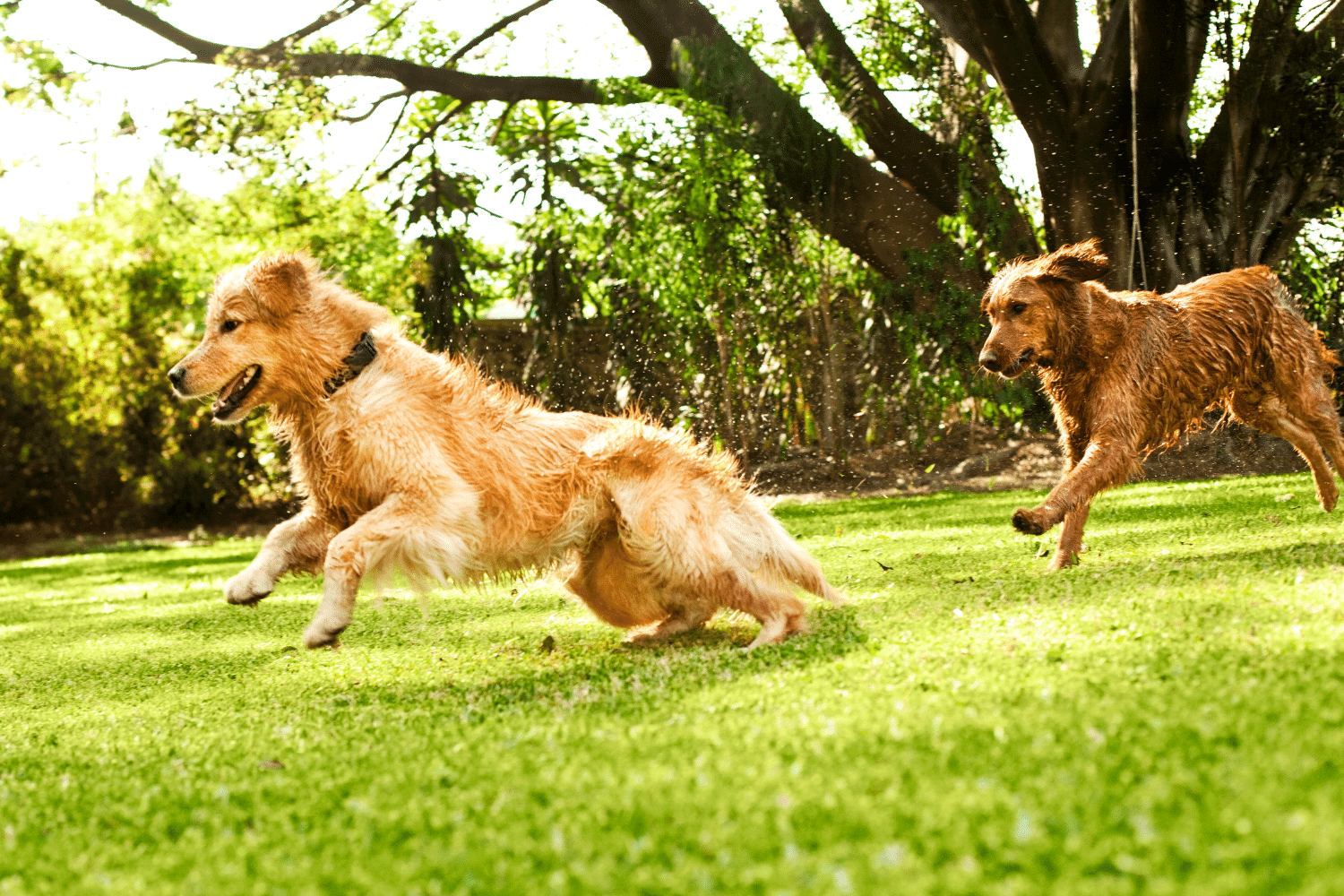
Your Dog and Covid: How Covid May Affect your Puppy.
Will Covid Affect My Puppy?
It’s not just humans who are suffering mental health issues from Covid restrictions. Puppies - our most vulnerable canine friends - may also be psychologically affected by this virus.
The number of puppies bought during lockdown - let’s call them Pandemic Puppies - is soaring. The attractions of a Pandemic Pup are obvious but Frances Gavin, founder of natural supplements for dogs website, Canine Natural Cures, warns that generation Pandemic Pup may become socially inept with other dogs and humans as a result of Covid restrictions.
“Be careful. Raising a Pandemic Pup is fraught with challenges. With so many travel and exercise restrictions in place, the opportunities to socialise your Pandemic Pup with other dogs and people are limited. This could have a signficant effect on your pup’s development further down the line.”
Social distancing and dogs
With social distancing rules in place, socialising your Pandemic Pup may be challenging. However it is vital to ensure that your puppy grows up to be a confident young adult around people and other dogs. Puppies that do not receive sufficient exposure to new and varied situations and environments, may grow up to be nervous and timid around strange humans and dogs. What’s more they may miss out on learning to read important dog body language.
Frances added “If Pandemic Puppies fail to learn and read hierarchies and body language in both the dog and human world from a young age then there may be trouble further down the line.”
At worst, a nervous dog that is scared of other dogs or one that doesn’t recognise body language patterns from either dogs or people can turn into a dangerous dog and may become fear aggressive. At the other end of the spectrum, a puppy that is not sufficiently socialised may become over excited and overly friendly at the prospect of meeting new people and dogs translating into unwanted behaviours such as jumping up.
Depending on where you live and the restrictions in your area, you may be able to meet one other person from another household to walk with. Try to find a buddy with a suitably friendly dog and walk together. Whilst out walking you are likely to meet other dogs. If your puppy displays any nervous tendencies resist picking him or her up or removing him from the situation. Put your Pandemic Pup back on the lead if he/she appears nervous, encourage some healthy sniffing before moving on.
Dog training and social distancing
It’s important to teach your pup an effective recall so that you can allow your pup to run around and interact with its environment. It’s easier to teach a recall to a young pup as once a pup reaches 6 or 7 months of age, they will probably be confident enough to run off and play with another dog and you might as well save your breath!
Make sure you always have a pocketful of yummy treats. Choose a low calorie but tasty treat treats and do lots of recall training. Remember to keep your tone of voice calm and friendly - no matter how long they take to come back! Call your pup back when there are no distractions and make sure that you can touch your pup before you reward them and let them run off again. If you always walk in the same area, don’t always put them on the lead at the same spot, mix it up so they don’t know if this is just a tasty treat or the end of free running. If your dog has already reached the running off, ignoring you stage, then you need a long line of about 10+ meters, usually cheap nylon string with a trigger clip on one end to attach to the lead and to make a handle that won’t cut your hand, thread the other end through a small bit of hose pipe. Recalls need to be practiced until they are reliable, or at least as reliable as they can possibly be!
Natural supplements for dogs
Frances also advises herbal remedies to support training. Herbal remedies and homeopathy can be very helpful when used in conjunction with a training and behaviour management plan. Sanper 1, is a 30 day course of homeopathic tablets for very timid and easily frightened dogs. It is perfect for dogs who lack confidence with other dogs and people and who has missed out on early socialising.
Frances added, “Take the example of a family who purchase a Pandemic Pup but do not have the chance to have visitors to their home during the early months. By using Sanper 1 along with lots of basic reward based training, owners can start to build their dog’s confidence so that they are able to deal with strangers in the home when life gets back to normal. Use of Sanper 1 could be supported with the addition of a few drops of herbal extract CalmXtra on a treat before heading out for a walk or before a visitor comes to the door. CalmXtra contains a blend of valerian, skullcap and jamaican dogwood and works fast to calm dogs without causing drowsiness. Both of these remedies can be used on puppies from 12 weeks.”
Unfortunately despite best efforts, some dogs may go on to develop aggressive tendencies. For this Frances recommends a combination of training and homeopathy. She said, “If you have a dog that is aggressive towards other dogs then it is of course very important to ensure that you have full control of them before you let them off the lead. Lots of recall training is vital. If in any doubt then walk your dog on a long line or lead until you have full control. If you feel that you must let your dog off the lead then muzzle him or her until you are sure that he/she will not attack another dog. It is important to continue to walk your aggressive dog around other dogs as avoiding them will not help to improve the situation. However you must be able to do this safely in a controlled environment.”
Homeopathy can be a welcome support when re-training the behaviour habits of a dog aggressive dog. Available as a 30 day or 90 day course, Nonaggress Plus one tablet a day is formulated for dogs who are aggressive towards other dogs through fear. It helps to boost their confidence around other dogs so that they do not feel the need to lash out.
Travelling with your puppy during Covid
Sadly, it’s not just your Pandemic Pup’s social life that has been dealt a blow by Covid. There are no longer any car trips for Pandemic Pup either! Under normal circumstances many owners would expect to take their puppy on numerous car journeys. In fact this is an important part of their training if you are to raise a dog that does not suffer from travel related anxiety or car sickness. Where travel restrictions allow then try to ensure that you accustom your Pandemic Pup to journeys in the car as normal. If restrictions are in place then even the shortest journey around your neighbourhood will suffice. If dogs are car sick then try letting them travel in the front passenger footwell suitably tethered. Many owners find that dogs that are stressed in the rear of the car travel comfortably when up-front with their owner!
Homeopathic and herbal remedies may also support your training. Poor Traveller is a homeopathic tablet sold as a 2 week course. It helps to relieve the symptoms of travel related anxiety. These may be nausea but could also be shaking, shivering, howling, barking, even urinating or defecating. All very distracting traits to say the least, when you are trying to drive! Travel is a herbal tincture which can be used specifically for nausea. It is a liquid that can be added to a treat or given directly as drops up to 20 minutes before a car journey.
So there you have it - the pitfalls of Pandemic Pups. Of course there are many advantages of having a Pandemic Pup. Not least that you are around 24/7 to care for them, love them and make them feel adored. However, don’t love too much! Make sure to give them space and some time on their own. Otherwise when life gets back to normal you may find yourself with a very stressed dog who doesn't like being left alone.
